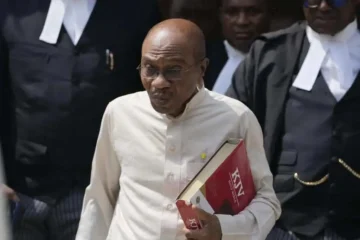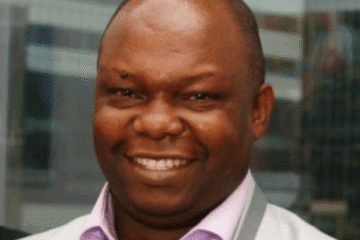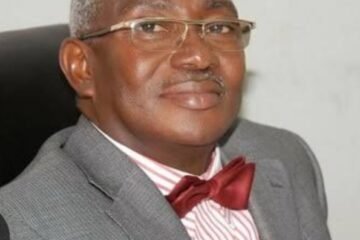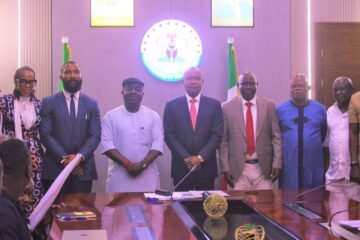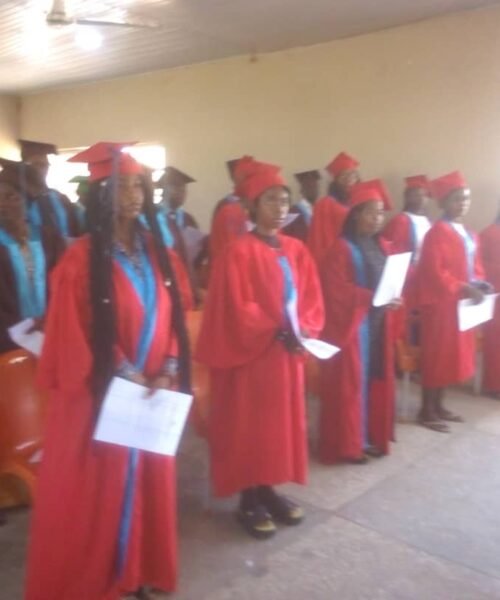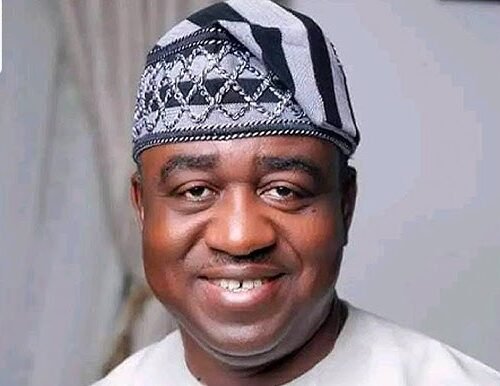By SHEDDY OZOENE
On Monday last week, memories of the momentous life and times of Alhaji Lateef Jakande were evoked at the maiden edition of the annual lecture instituted in his honour by the Nigerian Guild of Editors. The event held at the Sheraton Hotels in Lagos, was the first of its kind for a man who has done so much for Nigerian journalism in a career that spanned several decades. And like the great Nnamdi Azikiwe, he also went ahead to write his name in the annals of public service in Nigeria.
His tenure as Governor of Lagos State from October 1979 to December 1983, is widely regarded as the turning point in good governance and massive development of the State’s infrastructure.
A great journalist in his day, Jakande’s life is inextricably connected with several epochs in the development of journalism in Nigeria. He was among those who spearheaded the formation of the Nigerian Union of Journalists in March 1955 in response to agitations for a platform for collective action for journalists in pre-independence Nigeria. The NUJ which was first led by Mobolaji Odunewu, former editor of the Port Harcourt-based Eastern Nigerian Guardian, had other editors on the executive. With time, however, most of its members became uncomfortable with the fact that they reposed leadership in editors who, in the manner of managers, could also ‘hire and fire’.
Four years later, they succeeded in inserting a clause in the union’s objects to exclude editors like Jakande who was the union’s treasurer, from holding executive positions in the NUJ. Two years later in May 1961, Jakande who was editor-in-chief of Allied Newspapers Ltd, publishers of Nigerian Tribune, Sunday Service and Irohin Yoruba, rallied the editors who felt discriminated against, to form the Guild of Newspaper Editors of Nigeria which has since been renamed Nigerian Guild of Editors. He served as the Guild’s first President.

Alhaji Lateef Jakande
He later led the formation of the Newspaper Proprietors Association of Nigeria (NPAN) of which he was also the pioneer President. While the Guild’s objective was anchored on providing the professional leadership that journalism needs, the NPAN protects the business interests of newspaper proprietors. Beyond Nigeria, he was the first African to become the President of the executive board of the International Press Institute (IPI) with headquarters in Vienna, during which period he set up the Nigerian Institute of Journalism in Ikeja, Lagos.
No one else has played on the four major journalism turfs as prominently as Jakande did and the memorial lecture is a befitting memorial in his honour. The idea of the lecture was first proposed by the current president, Eze Anaba, at the 2023 Convention of the Guild in Owerri and it resonates with members of the Guild and to the larger family of journalists in Nigeria and beyond.
Jakande’s contemporaries like Sam Amuka, Segun Osoba, Dayo Duyile and Felix Adenaike had a field day catching up on old times, and it was an opportunity for the family to recount the sacrifices they put up with in his public service days. His vision for a better society was revealed early through his strongly-worded editorials in the papers he edited; his character shone through the John West column he maintained for decades and his personal discipline were exemplary during his tenure of office as Lagos State governor.
In today’s Nigeria, it will be denial of a criminal proportion for a governor to deny his family the privileges that have become commonplace. The wife was denied the limelight that so many others enjoyed as First Ladies; the family was denied the exciting ambience of His Excellency’s palatial official residence as Baba Kekere preferred to live in his private home in Ilupeju; there was no long convoy of shinning black SUVs as Governor Jakande preferred to use his personal car, and the children were not availed the opportunity to travel the world and school in the most expensive institutions at the people’s expense. Even when Jakande grudgingly accepted to serve as Abacha’s minister of works and developed the luxury Banana Island in Lagos, the family was still excluded from what turned out to be the abode of the rich and powerful.
Indeed, the lecture evoked great memories, even if it ended with a blue reminder that the Lagos State government has still not made good on the expectation that it would rename the Lagos State University, LASU, after the man who famously established it. The story has been told severally how Chief Olabisi Onabanjo and Professor Ambrose Alli, then governors of old Ogun and Bendel States respectively, came to understudy Jakande’s idea that gave birth to LASU.
They returned home to establish their own state universities that have today been renamed after them by their respective state governments.
If it was good for the old Ogun and Bendel States, it is even moreso for Lagos which, following Jakande’s vision, has turned to the Centre of Excellence. Coming from Nigerians who appreciate the man’s laudable sacrifices for the state and a family not known to make unnecessary demands on the State government, the call to rename LASU after Lateef Jakande does not appear to be such a tall order.
Sheddy Ozoene is Vice President (East) of the Nigerian Guild of Editors.



